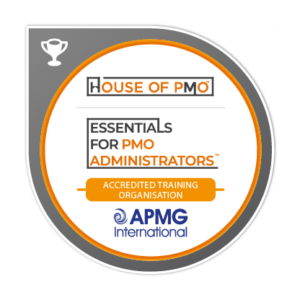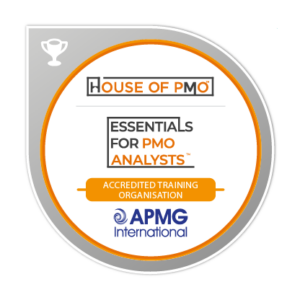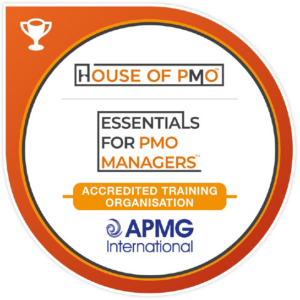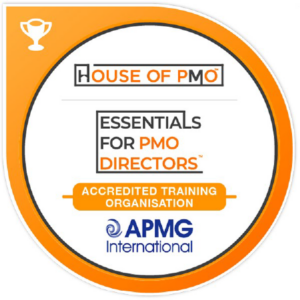
When telling people you work within a PMO, it can be difficult to explain what it is you actually do. It can be even more confusing explaining what PMO means, when in different organisations the definition differs, and the massive variety of different job roles and titles that can be found in the PMO. From ‘the P’, through to the roles and job titles – the PMO nomenclature is often used inconsistently.
We’ve spoken in previous blogs about The Incongruous Nomenclature of PMOs, and in this blog we’re looking to help you explain your role in the PMO.
Let’s first take a look at ‘the P’…
Typically we understand ‘the P’ in PMO to stand for:
- Project
- Programme
- Portfolio
Whilst this may seem simple enough, there is greater confusion still when these terms are more closely examined. Where one organisation may describe a Programme Office, they are in fact not responsible for a programme, but are instead a Multiple Project Office.
The use of project, programme and portfolio is confusing enough, and this may be confused further by the concept of the Centre of Excellence – that doesn’t even begin with a P!
It’s important to understand which ‘P’ your PMO looks after, as not all PMOs are labelled PMOs, instead they might be called a PPSO, a P3O, an APMO or an EPMO. It can be difficult to establish which term is appropriate depending on the office in which you work.
Job Roles
Some of the role names we get given, or the roles found in an organisation can be confusing. Even though there are multiple roles, the job titles do not necessarily reflect that. Your formal job title may be Planning Manager, but your responsibilities may include a whole host of other roles. Within this, some PMOs may include certain roles whereas others do not. For example, some PMOs may have a Communications and Stakeholder Engagement role, but it may not be permanent. In other organisations, this role may come under the jurisdiction of an existing job title.
Job Titles
It is not simply job roles that can be confusing when understanding the nomenclature of the PMO, but the job titles also. Here is a little experiment you can try for yourself. Go to a job hunting website, and type in the word PMO. The disparity of job titles is vast, for example, a search for PMO brought up…
- PMO Lead
- PMO Co-ordinator
- Change Services Analyst
- Personal Assistant/PMO Administrator
- Portfolio Analyst
- Business Operations Manager
All of these roles are considered to be PMO related – although they are vastly different!
Recognising your job title, and the roles and responsibilities included within that title are beneficial in clearly explaining your role in the PMO.
PMO Competency Framework
If you’re looking for a more consistent understanding and explaining the numerous different roles and responsibilities, as well as the competencies required for these different roles, the PMO Competency Framework can help!
The PMO Competency Framework is a guide for PMO professionals interested in assessing and developing organisation-wide, team and personal competences within a PMO environment.
The guidance within the PMO Competency Framework can be used by any PMO professional to assess their current knowledge and experience; to identify skills gaps and development needs and to benchmark themselves against a professional PMO standard.
Enjoying Our Blog?
Sign up and receive all our articles (we’ll send you an update once a week!) plus special offers and events:
This post contains affiliate ad links.











